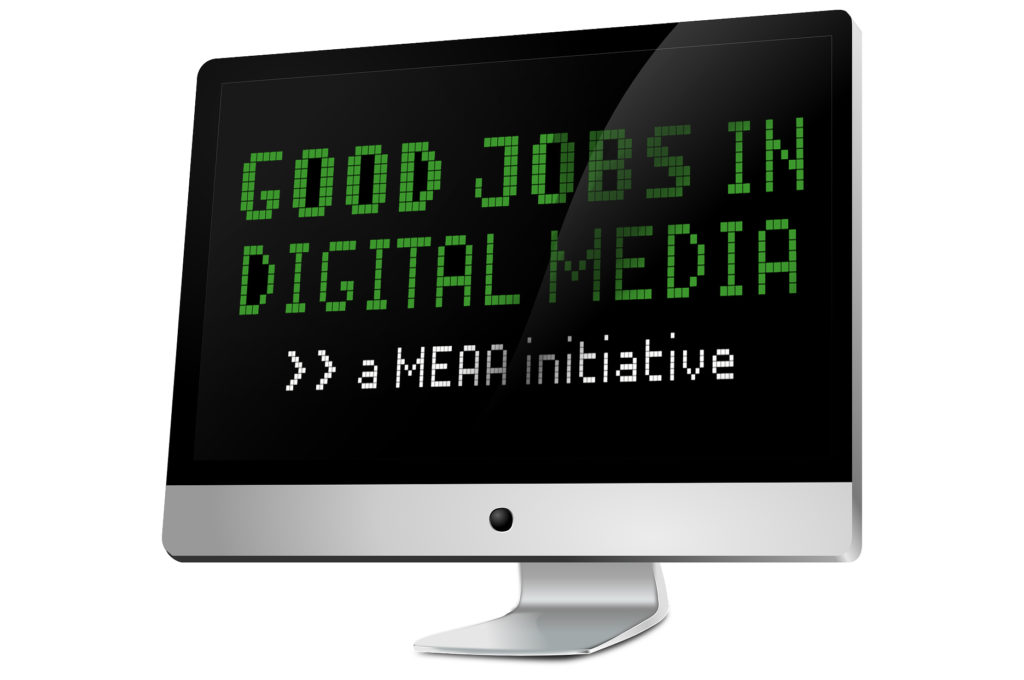MEAA win brings digital journalists into the Award

Journalists employed by digital publications will be entitled to penalty rates, overtime and other key conditions after a Fair Work Commission ruling that they should have access to the same protections and rights as print journalists.
In a landmark decision handed down yesterday and announced today, the full bench of the Fair Work Commission has agreed with MEAA’s argument that digital media workers should have full access to the Journalists Published Media Award, the benchmark award in the published media industry (covering news titles and magazines).
The decision removes an anomaly where digital journalists, doing the same job as print journalists, were denied access to the award.
It means that digital media journalists will have access to minimum standards for their wages, penalty rates, overtime and other conditions of employment such as hours of work and breaks.
The Fair Work decision is part of the four-yearly review of modern awards. MEAA first put its case to the Commission in 2015. MEAA’s arguments for including digital journalists were strongly opposed by some of Australia’s biggest media outlets (including Nine Entertainment - incorporating the former Fairfax company, Rural Press and the Daily Mail).
MEAA Media director Neill Jones said: “The Fair Work ruling means that if you work for a digital media start-up or a digital-only publication you are no longer treated as a second-class journalist.
“This decision removes the award’s outdated focus solely on print journalists which placed digital workers at a disadvantage. The decision to modernise the award brings those journalists together under one standard, in recognition of their shared roles and responsibilities as media professionals, regardless of whether they work online or in print.”
MEAA Media federal president Marcus Strom said: “Digital is the reality of all newsrooms today. It’s about time the award caught up with the working lives of our members.
“Congratulations to the MEAA Digital Media Committee, made up of working journalists at a range of online publications. Now, more than ever, journalists working in digital media need to join the union so we can collectively enforce these new entitlements.”
The FWC has also ruled that journalists working for country non-daily newspapers should be entitled to a 10% weekend penalty rate loading if they have to work on a Saturday or Sunday. This is the second significant outcome for workers in this Fair Work ruling.
The decision has a 12-month transition period before it comes into full effect.